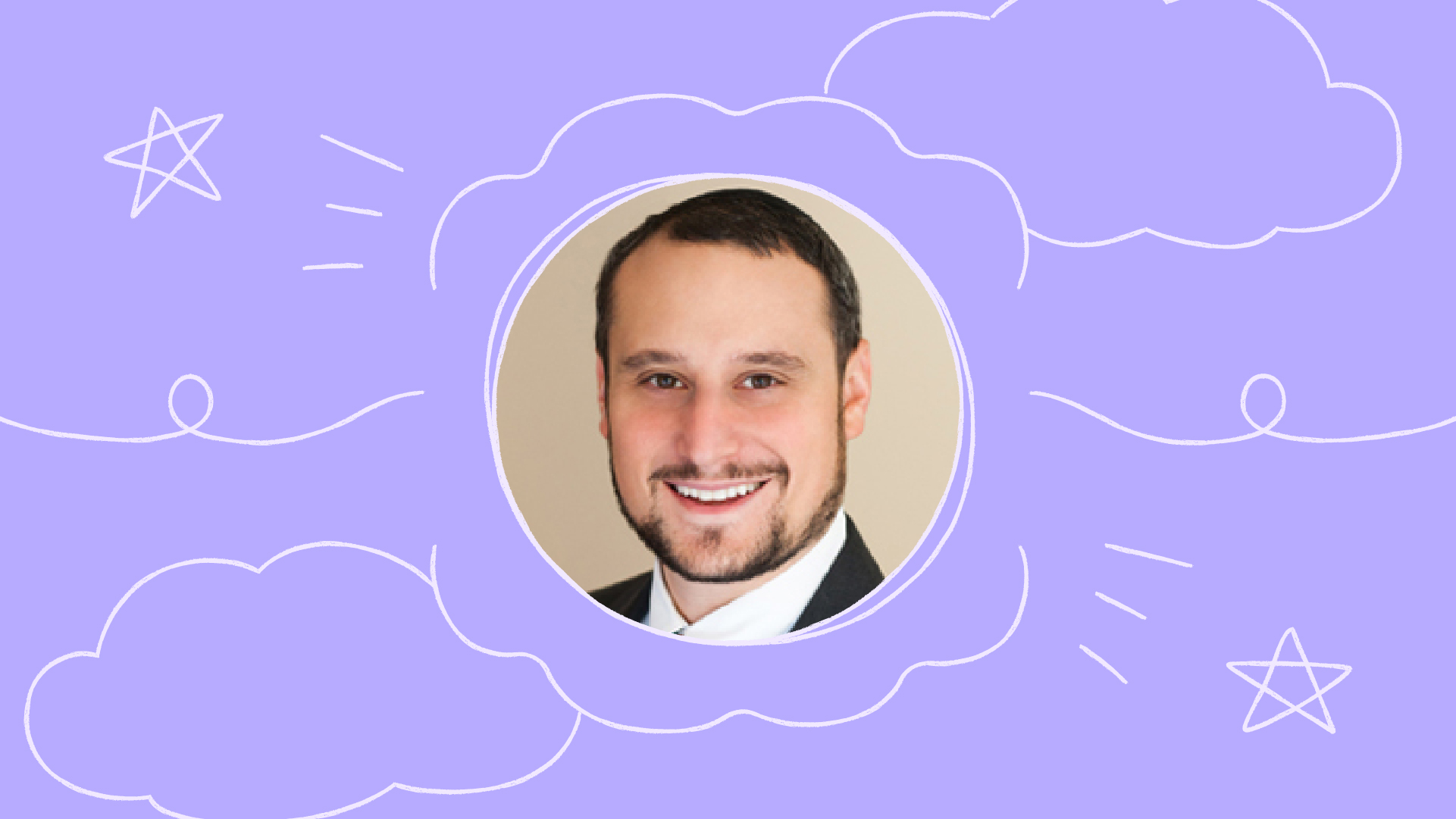
Childhood Anxiety: Part 3 of a Conversation with Dr. Goldstein
Resources for Educators and Families
Interview with Dr. Clark Goldstein, Ph.D., founder of Growth Psychology
After reading an article about childhood anxiety by Dr. Clark Goldstein, we reached out to learn more, as it’s the number one topic that is talked about by Generation Moshi. Dr. Goldstein took the time to talk us through many aspects of anxiety, from normal worries to chronic symptoms, that impact learning and socialization. Read Part 1 of this conversation series here.
Q: What resources are available for caregivers who are supporting children struggling with anxiety?
Another thing that is important to know is that sometimes families wait a long time to get their kids help. A lot of us have a hard time with our kids’ distress and we want it to stop, so sometimes we might want to force a quick solution or kind of shut down the kid. But if kids are struggling, you really want to get them connected with competent mental health professionals sooner rather than later to reduce their distress, to help them function. Especially, too, if you’ve lived with it for a long time it’s harder to have hope and motivation that it will get better because you just sort of feel like this is the way it is and maybe things can’t get better. As we know, though, kids are very flexible for the most part, and a lot of times kids can make progress faster and more readily than older people.
Cognitive Behavioral Therapy (CBT) is an evidence-based treatment for kids with anxiety disorders, although it can be challenging to find good providers. I would recommend one site, ABCT.org, the Association for Behavioral and Cognitive Therapists. That’s a good place where a lot of the providers will have a more cognitive-behavioral background.
Another thing to know is sometimes medication can be a helpful piece of anxiety treatment if it’s warranted. The data suggests that the combination of meds and therapy is actually possibly the best. From my experience, a lot of families prefer to start with therapy because they are more ambivalent about medication, and I certainly understand that perspective. I would say if a child is in danger of hurting themselves or in extreme distress, then parents really should consider the medication piece to start as well. Finding a good board-certified Child and Adolescent Psychiatrist is a great place to start.
Another great website is called GoZen! This isn’t a replacement for treatment, but it’s got a lot of good content about helping kids with anxiety. They actually just added a module on anger, which is really helpful, because we’re seeing a lot of kids who are struggling with some anger management issues.
Q: Our mission at Moshi is to give children the best emotional start in life. If you were to speak directly to educators and parents about childhood worries and anxieties, what would be your main message for how they can best work together to support the child?
I’d say keeping good lines of communication open between the teacher and the parent and working collaboratively, with both the parent and the teacher on the side of trying to help the child. Also for the parent to try to discuss specific points of concern with the educator and ask for follow-up when possible.
Another thing to know is, some of these issues do die down. Like if there’s a stressor, it might be more than a day where a kid’s upset. We have to always think in life, for ourselves and our children, what can we change? And what do we need to accept? If the kid’s feeling bullied, that needs to be addressed. So we communicate with the school to get their teacher’s perspective on what’s happening and potentially to get school intervention. Or if there’s a school conflict and there’s some relational backstabbing or people gossiping about each other, does the guidance counselor or school psychologists want to get involved and try to make peace? Is that something that might be helpful to reduce conflict and help everybody’s well-being and help school feel like a safer, better environment for everyone’s learning?
Q: I have one final question. What, if any, recommendations do you have for the role of storytelling and literature in helping children learn about anxiety and process it through characters in a story?
I think that can be especially helpful for younger kids or for kids that are more defensive about acknowledging that they might be struggling with anxiety. I think also telling stories about ways that you’ve struggled as a parent or times that you struggled when you were younger or even as an adult, helps normalize what the child’s going through.